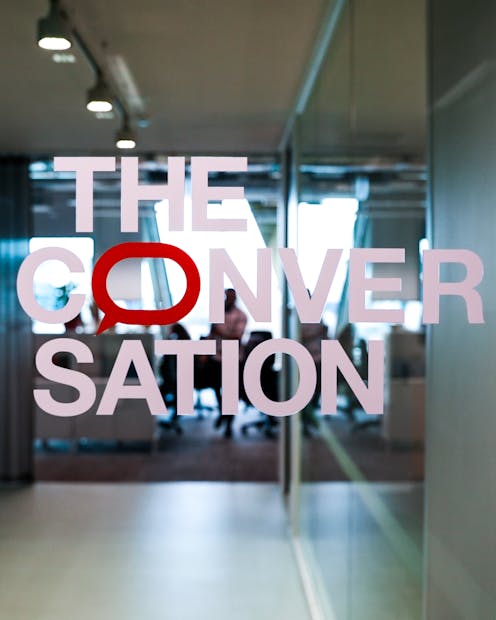
I’ve recently started reading a charming book called ‘Bhutan to Blacktown’, about Om Dhungel, a man forced to flee ethnic cleansing in Bhutan and rebuild his life in Australia. It’s a story about migration, about someone who lost everything and created a new life, and it’s full of understated wisdom such as this: “we should see ourselves as neither dependent nor independent, but interdependent.”
With those words Om Dhungel and his co-author James Button captured something that’s been on my mind lately. We are kidding ourselves when we think we are wholly responsible for our successes, or, for that matter, wholly to blame for our failures. Everything good in this world is created by people who recognise their individual power but also understand that to achieve anything worthwhile we have to stand on the shoulders of others.
The Conversation is built on recognition of this simple fact. The academic experts who write for us rely on the skills of our editorial team. The editors rely on the knowledge of experts. And it’s all made possible by the kindness of donors like you who value what we do and care enough to make a contribution of whatever you can afford.
This year more than 19,000 generous people have made a donation. Hundreds more have reached out with messages of encouragement and support and we have read, reread and cherished them all.
Because of your contributions we can continue to produce quality journalism and give it away for free so that everyone can be better informed.
A heartfelt thank you to every single thoughtful person who has made a donation this year. There’s no shame in saying that we depend on you. We stand on your shoulders and you make us strong.
Thank you.
This article was originally published on The Conversation. Read the original article.







